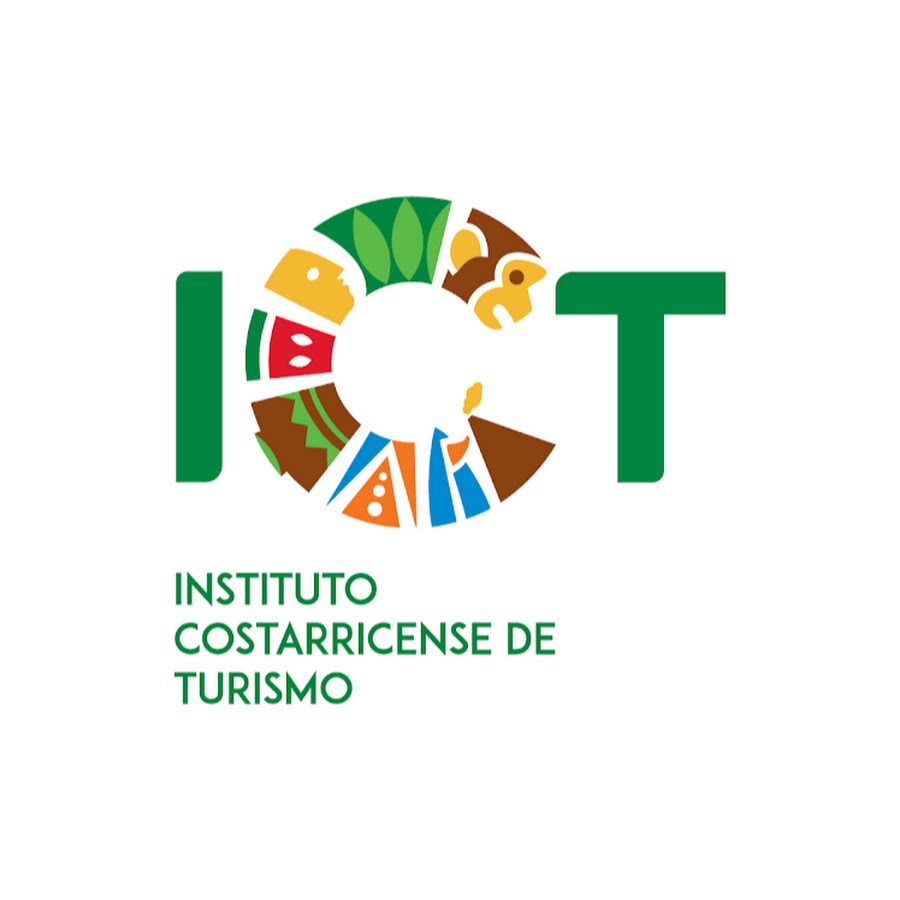The concept of tourist insecurity could cause a division between security for nationals and for foreigners, which makes it difficult to comprehensively address the issue of security throughout the country, according to the Instituto Costarricense de Turismo (ICT) – Costa Rican Tourism Board.
This was made clear by William Rodríguez, Minister of Tourism and head of the ICT, during his appearance in the Legislative Assembly to refer to the increase in crime in the country and its impact on the tourism sector.
“We cannot talk about tourist insecurity, this concept would make a separation between what is insecurity for tourists and for Costa Ricans, here what there is, is citizen insecurity,” Rodríguez said.
And it is that the increase in murders related to drug trafficking reached destinations highly visited by foreigners, due to conflicts over territories between criminal gangs, which has been highlighted in international media.
Given this scenario, legislators of the Comisión de Turismo (Tourism Commission) consulted Rodríguez about the comprehensive strategy carried out by the government, the ICT and the Ministerio de Seguridad Publica (MSP) – Ministry of Security – had taken to address this situation.
However, the Minister pointed out that you cannot have a plan only for tourism, but for all the people who live in the country and those who are temporarily (foreign visitors) in Costa Rican territory.
“If we make a distinction in that we could fall into bulk errors that seem dangerous to me and send messages, which are dangerous,” Rodríguez added.
The legislators agree that if the perception of insecurity in the country continues, fewer foreign tourists will want to venture to visit the beauties that Costa Rica has.
And it is that the deterioration of the security climate has worried the sector in recent months, and this has been revealed by the Cámara Nacional de Turismo (Canatur) – National Chamber of Tourism.
“We know that the MSP authorities and all the Police are making an extraordinary effort, but that insecurity is certainly reaching tourist destinations and that eventually if forceful actions are not taken, it could eventually have some effect in the future,” said Shirley Calvo, executive director of Canatur.
Currently, the Perception of Security index of tourists is 88.7% on a rating of 100%, a figure that fell apart compared to 94% that the country had in previous months, according to the ICT data.
“It is really unfortunate what is happening at the level of citizen security in the country, you cannot cover the sun with one finger, we have seen a worsening of the situation, we are aware that it is a real situation,” Rodríguez added.
The Minister recalled that during 2022, ¢19.3 million were allocated to the Tourist Police and that for 2023, ¢25 million have been budgeted for the same purpose.
In addition, an investment of ¢650 million has been budgeted for the construction of two police stations on the beaches of Santa Teresa and Cahuita.
Security in tourist destinations
ICT investments are being made to address the problem:
- In 2002, ¢19.3 million were allocated to the Tourist Police and for 2023, ¢25 million have been budgeted.
- Design, construction and equipment of two police stations for Public Security on the beaches of Panama and Tamarindo, with an investment of ¢580 million.
- An investment of ¢650 million has been budgeted to build police stations on the beaches of Santa Teresa and Cahuita during 2023.
- Between 2022 and 2023, ¢600 million were allocated to pay salaries and equip lifeguards. (https://qcostarica.com/minister-of-tourism-believes-that-no-distinctions-should-be-made-between-the-security-of-tourists-and-citizens/)





































